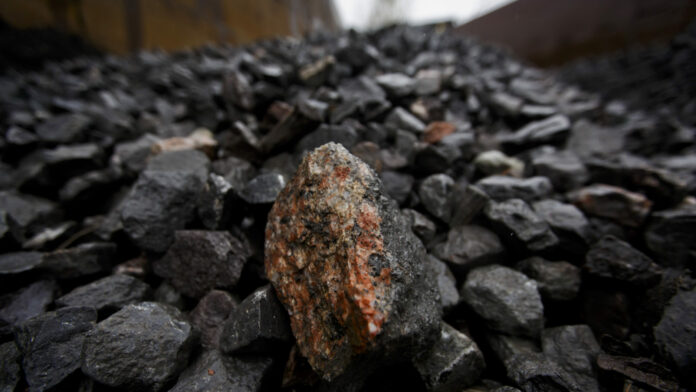
PALADIN Energy said on Tuesday shareholders of US firm Fission Uranium Corp. had approved its all share C$1.1bn takeover bid launched in June, albeit narrowly.
A total of 67.9% of total votes cast were in favour of the transaction, just about exceeding the required 66.6% threshold.
Final court sanction for the deal was expected on September 12, said Paladin. The company would continue to progress clearance under the Investment Canada Act.
“We fully expect that the combination of our companies will create significant value for all
shareholders,” said Paladin CEO, Ian Purdy.
“Fission’s Patterson Lake South project is a natural fit for Paladin, delivering medium term development potential to augment production from the recently restarted Langer Heinrich Mine,” he said. First production from Patterson Lake South, situated in Canada’s Athabasca Basin, is pencilled in for 2029.
Paladin gave the green light to the restart of its Langer Heinrich mine in Namibia in 2022, about six years after a plummeting uranium oxide price forced it to close. But now Uranium is back on the investment radar as energy security fears were thrown into sharp relief following the invasion of Ukraine by Russia in 2022.
According to the Financial Times today, supply of uranium from Kazakhstan’s Kazatomprom, the world’s largest producer of the fuel, is under threat as sanctions drive it to China. “It is much easier for us to sell most, if not all, of our production to our Asian partners — I wouldn’t call [out] the specific country . . . They can eat up almost all of our production, or our partners to the north,” Meirzhan Yussupov, chief of the Kazakh state miner told the FT.
“You will see some changes,” said Leigh Curyer, CEO of NexGen Energy, which is developing a large uranium mining project in Canada, told the FT.
“Perhaps their production will increase to servicing Russia and China. If that’s the case, western world utilities will look to western world suppliers . . . I think we’re already seeing signs of that.”











